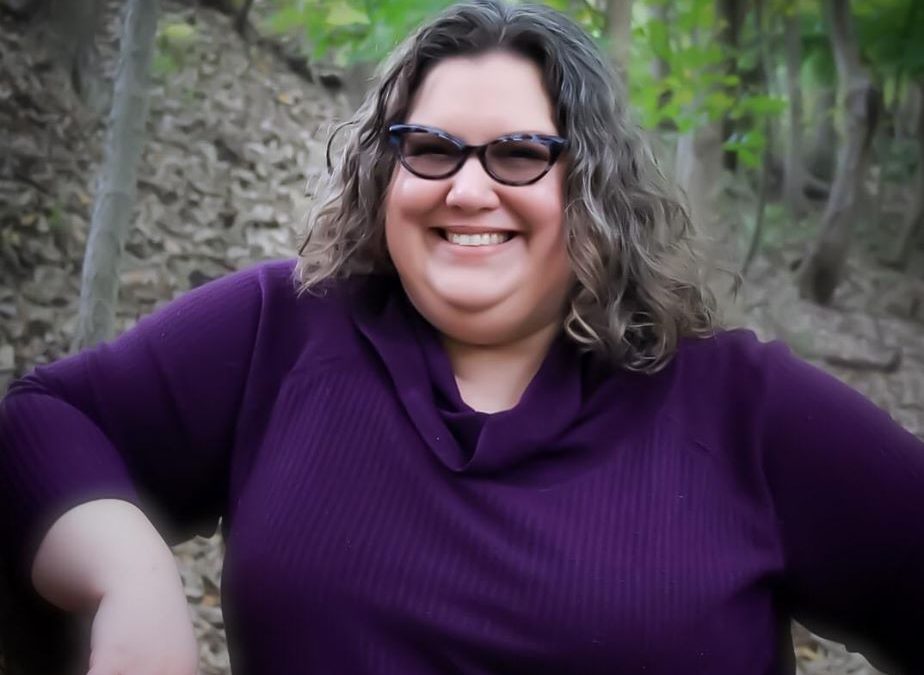
In rural spaces, in far away and forgotten times, as far as the beginning, therapists have walked beside those in pain.
They were not called therapists, they were called elders, shaman, witches, healers, and many other words that designated their trusted ability to listen and guide. Some are surprised to hear that they have always existed.
After all, why would a caveman, need a therapist?
There are many kinds of lies we can tell ourselves, but one, in particular, soothes the most small and frightened parts of ourselves, these parts know we are struggling together in the unknown depths of the inky night we call life.
This is the lie of independence.
The false belief that we are powerful enough to need no one, and able enough to do everything alone.
I call this idea false, because I have seen a toddler fall down. Have you? Think back. When the baby struck out with proud independence on its newly capable legs and fell- there was a moment, if you saw it, when the baby paused before crying. It paused and looked in bewilderment at itself and for someone else, someone who could explain.
Looking for another person to help us understand our own pain is not something we are taught.
In that pause, before we decide how to respond, we are our most primal. As we grow, this aspect of us never changes. We need others to help us find the soft truths, and hard edges of our reality.
During my mother’s life, many years ago, people lived in a swarm of familiar faces.
Her town had teachers, preachers, and pharmacists that she interacted with regularly. The interstate was not available yet, so she lived close to her family. Living in this way has its own set of issues but can also provide feelings of safety. When unexpected or painful things happened, the people in the town had ideas about the way to handle it. Maybe their ideas were correct, maybe they were not, but the human experience in my mother’s town was, more or less, predictable and reliable over time.
Modern society is isolating.
That statement might seem inaccurate because of our instant ability to connect with the whole world. This form of society is different, and in many ways amazing, but it can feel very lonely. With technology we can work from home, order everything we need online, and wander in a haze of perpetually mild or false connection. People on Facebook, for instance, often exist in bubbles of painless, best life, bliss which leaves very few people, or perhaps no one, to ask the question everyone yearns to find the answer to,
“If this is real, is my pain normal?”
I am a therapist. I am like the mother the fallen child looks for. I am like the friendly corner shopkeeper in my mother’s town. I think of myself like a grandmother who has seen a generation come and go.
People have been seeking wisdom and guidance for millennia.
The trusted advisers of society have changed in name only, we are still here. We are called therapists, coaches, doctors, shrinks, psychologists… The list goes on.
Even though you are both amazingly capable and just as good as everyone who has tried to navigate this life before you, you are a human who needs someone to turn to. We grow best when we become safe in our path and believe in our ability. You have that power inside you. Sometimes it takes a therapist to help you rediscover it or even find it for the first time. Together we can find the edges, truths, and way forward.





